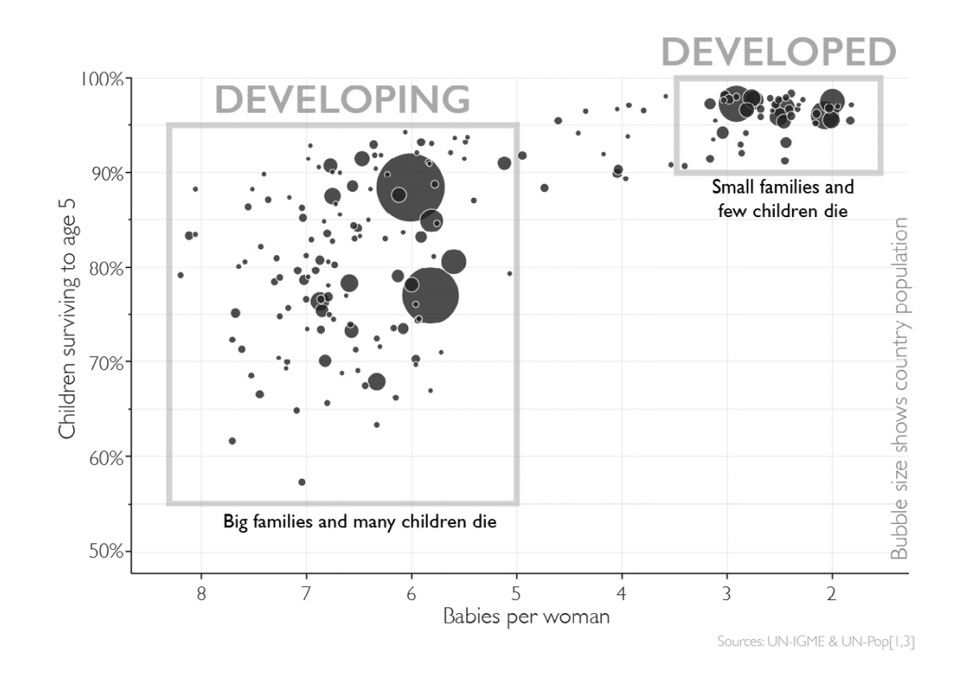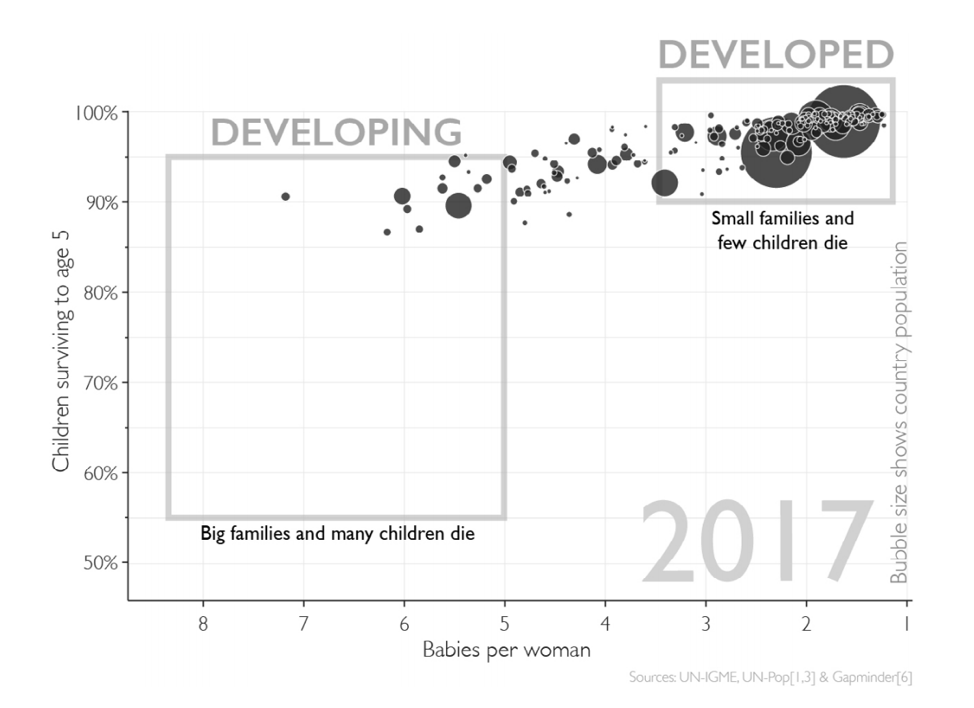Book Rec: Factfulness
Hans Rosling will change the way you look at the world…based on facts.
Raise your hand if you ever scroll through Twitter and feel the world is burning.
Everyone? Don’t worry, my hand is raised too.
Guess what? I have some cheap therapy for you. Read Factfulness by Hans Rosling.
Hans Rosling was a Swedish physician, academic, and statistician. Until his passing in 2017, he served as the chairman of the Gapminder Foundation and delivered presentations all over the world to promote the use of data to explore development issues.
Rosling has “ten reasons we’re wrong about the world—and why things are better than you think.” I’m not exaggerating when I say this might be the most important book you’ll read this year (Other than Homeless but Human, of course). He uses FACTS from the World Health Organization and UNICEF to demonstrate that the world, actually, isn’t as bad as we think it is. This book is a revelation, and you can also read it in a day or two. It’s an easy read.
Test your knowledge of the world
The Introduction asks 13 multiple-choice questions to the reader about world facts. They range from What percent of the world lives in extreme poverty? to What is the main reason the world population will increase by another 4 billion by 2100? to How many people in the world have some access to electricity?
Rosling traveled the world and asked these thirteen questions to people from all walks of life: medical students, teachers, political decision-makers, investment bankers, journalists, activists—even medical researchers and Nobel laureates.
Guess what? People get most questions wrong—not only wrong—worse than random wrong. Rosling points out, if you gave a chimpanzee a handful of bananas labeled A, B, C and had it throw them against a wall to answer, it would average 33%. The humans Rosling has tested average 12%, just two out of thirteen questions. If you’re curious, I scored 6/13, which is still less than 50%. Rosling says, “Every group of people I ask thinks the world is more frightening, more violent, and more hopeless—in short, more dramatic—than it really is.”
“Developed World vs Developing World”
I’ve learned so much more about the world by simply reading this book. I would say my biggest takeaway, though, was realizing my outdated perspective on “developed” and “developing countries.” Below is a chart from 1965. It shows the average number of children per woman, surviving to age five. The dots represent countries. It looks like the world is divided into two: developed and developing.

For most of my life, I sort of thought of the world this way. Below is the 2017 chart. This what the world actually looks like now.


A Vietnamese town on our way to Ha Long Bay.
A developing county is “a poor agricultural country that is seeking to become more advanced economically and socially.” Rosling points out that, in 2017, 85% of the world is developed, by the definition. After reading this, I felt particularly embarrassed. Last April, some friends and I visited southeast Asia. One of the countries we visited was Vietnam. We traveled four hours on a small bus from Hanoi to Ha Long Bay, passing small towns and rural communities. There was road construction everywhere. We observed people laying bricks, carving furniture, and welding metal. When I came back to America, I described the action of “developing” to friends and family. How could I not use that term? It had been engrained in my head since a young age. Until I read Factfulness, I never updated my stats.
Rosling advocates to think of countries not as developed and developing, but as four income levels. Level 4 is the most developed, which 1 billion people fit into. Most of the world fits into Levels 2 and 3, which 3 billion and 2 billion people live at, and one billion people live at Level 1. You’ll learn more about these levels in the book. Here’s another fact: In the last twenty years, people living in extreme poverty has been cut in half, down to just nine percent of the population. Rosling interjects, “Are you excited? You should be. Because the four income levels are the first, most important part of your new fact-based framework.”
Breath.
God. Reading Factfulness is so relieving. It’s full of examples and charts like these. We’re living in the greatest time, for the greatest amount of people—ever! That’s amazing, wonderful, and inspiring. Let’s update our world view with facts.
Rosling emphasizes the world still faces many challenges. In a globalized world, we need to work together and share ideas to ensure certain disasters don’t occur, and that we keep lifting people up. So don’t get so worked up when you scroll through Twitter – Rosling even addresses media in one chapter. Relax. Take a deep breath.
Do yourself a favor and read this book. You’ll be glad you did. I have a strong feeling I’ll use Factfulness as a reference every few months—it’s that important.
Have you read it? If so, how did it feel? What did you find most interesting?